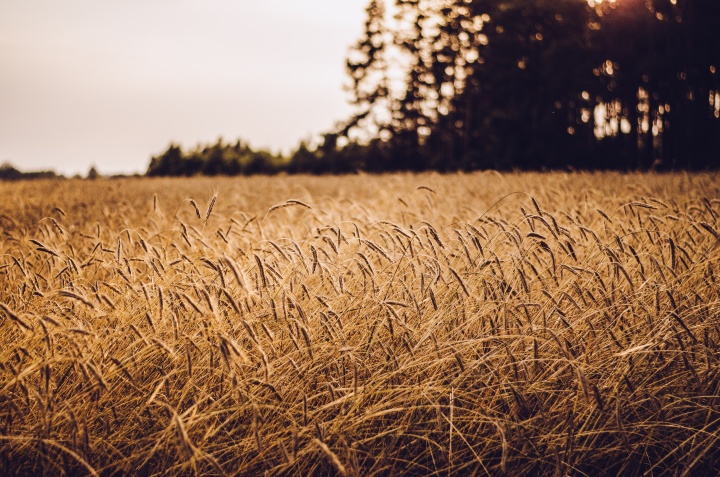The Feast of Pentecost and Its Meaning For All Mankind

The Feast of Harvest, The Feast of Weeks, The Feast of Pentecost
All three names above apply to the same Holy Day or Feast! Why is that?
There is always good reason behind what God does. With a short review of the meaning behind the names mentioned above, we will get a deeper understanding of God’s intention’s about that day and its implications for all humanity.
It might sound simple, but God has a plan. It was determined from the very beginning of time. The book of Revelation states as much when it says, “the Book of Life of the Lamb slain from the foundation of the world” (Revelation 13:8).
The Passover begins this plan with the shedding of an innocent lamb’s blood. Ancient Israel daubed this blood on the door posts and lintel. This was a sign of protection that spared the life of the firstborn child (Exodus 12:29-30). Following this comes the seven Days of Unleavened Bread. During these seven days, there was a very special event that has a great deal to do with the resurrection of Jesus and the giving of the Holy Spirit on the day of Pentecost. It’s a day when a special offering was made called “the wave sheaf offering” (Leviticus 23:9-12).
Three things stand out about this offering.
First, it was a sheaf made from the firstfruits of the early barley harvest (Leviticus 23:10).
Second, a sheaf of this harvest was to be waved before the LORD to be acceptable to him (Leviticus 23:11).
Third, it was to be accompanied with a sacrifice of a lamb without blemish. This was the early barley harvest. The first ripe barley was harvested and waved before the LORD to be acceptable to him.
How do these three things apply to observing this festival today?
God’s plan of salvation for humanity begins with the forgiveness of sin.
First is the Passover Lamb. Jesus fulfilled this sacrifice—He is the Lamb of God, slain from the foundation of the world (Revelation 13:8).
Second, the ripe barley represented the first of the harvest presented to God by the priest. Jesus was the embodiment of this sheaf—which was the very first ripe grain of the firstfruits of the harvest—when He was resurrected and ascended to God the Father (1 Corinthians 15: 20-23). When Mary saw Jesus after His resurrection, John 17:20 records that Jesus said, “Do not touch Me for I have not yet ascended to My Father.”
Third, it has to be acceptable. Jesus, being sinless and perfect His entire life, was an acceptable offering to God.
Fifty Days Later—The Feast of Weeks or Harvest
“The Feast of Weeks of the firstfruits of the wheat harvest” (Exodus 34: 22) is represented in the later harvest after the early barley harvest. Today, we recognize this day as Pentecost, which is the Greek name for it. It is a Holy Day and is described in Leviticus 23:15-22. This time the first ripe grain of the later wheat crop was cut and waved before God by the priest. This was also a firstfruit offering, which was holy to the LORD. God’s people are called firstfruits (James 1:18; Revelation 14:4). It’s fitting then that God gave His Holy Spirit—which is His guarantee of resurrection to eternal life (2 Corinthians 5:5)—to His Church on this Feast of Harvest.
Notably, in Leviticus 23:22, God ends the description of this Feast of Weeks with the instructions to Israel to leave the corners of their fields un-harvested for the poor to eat. Everyone is included in the meaning of this day.